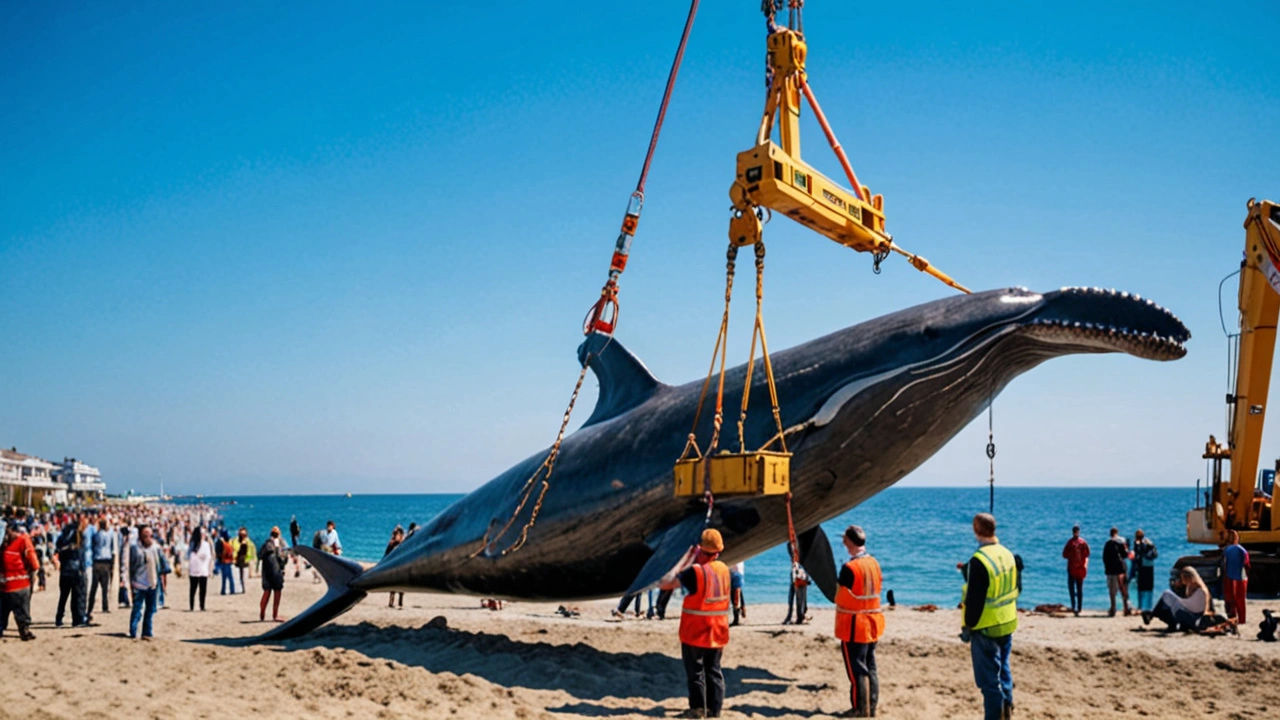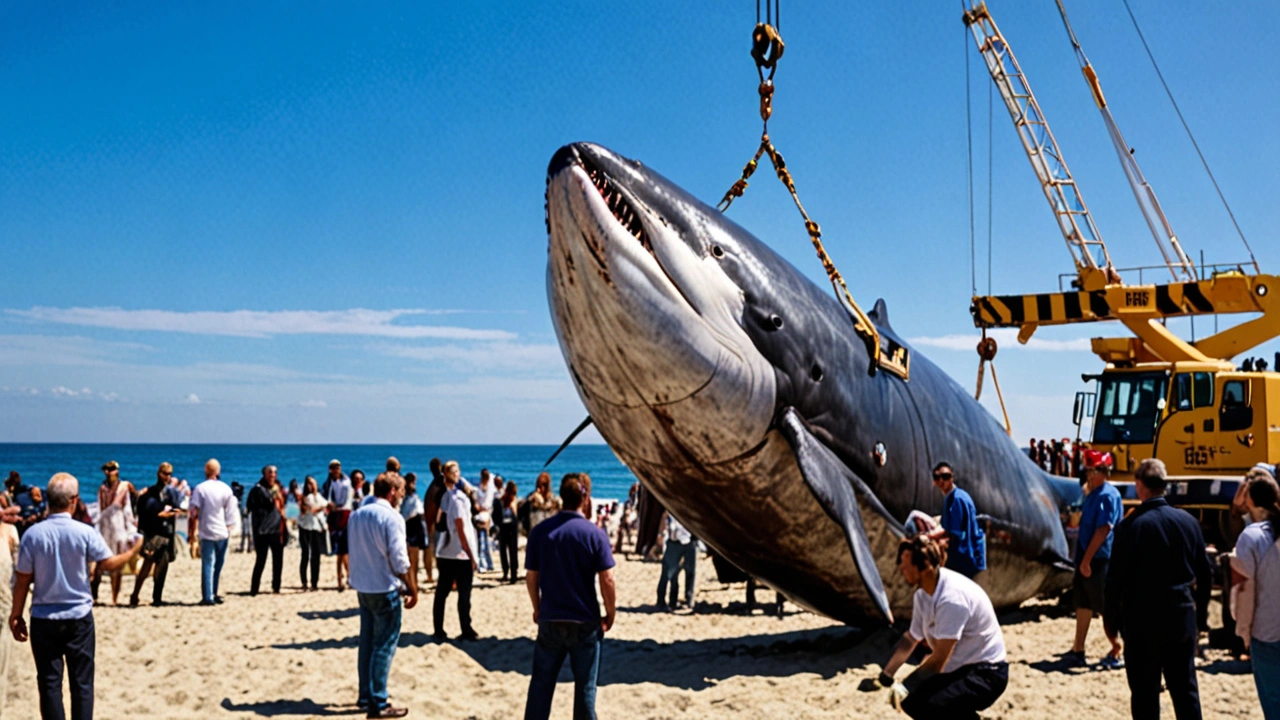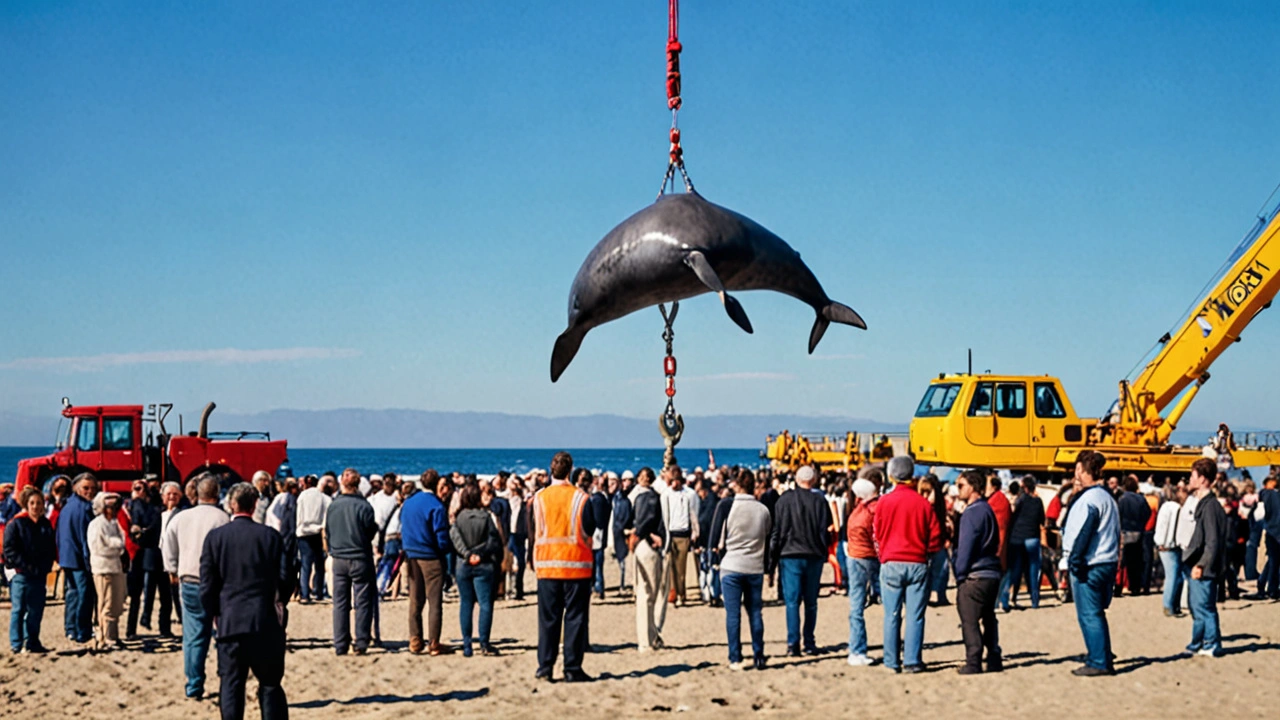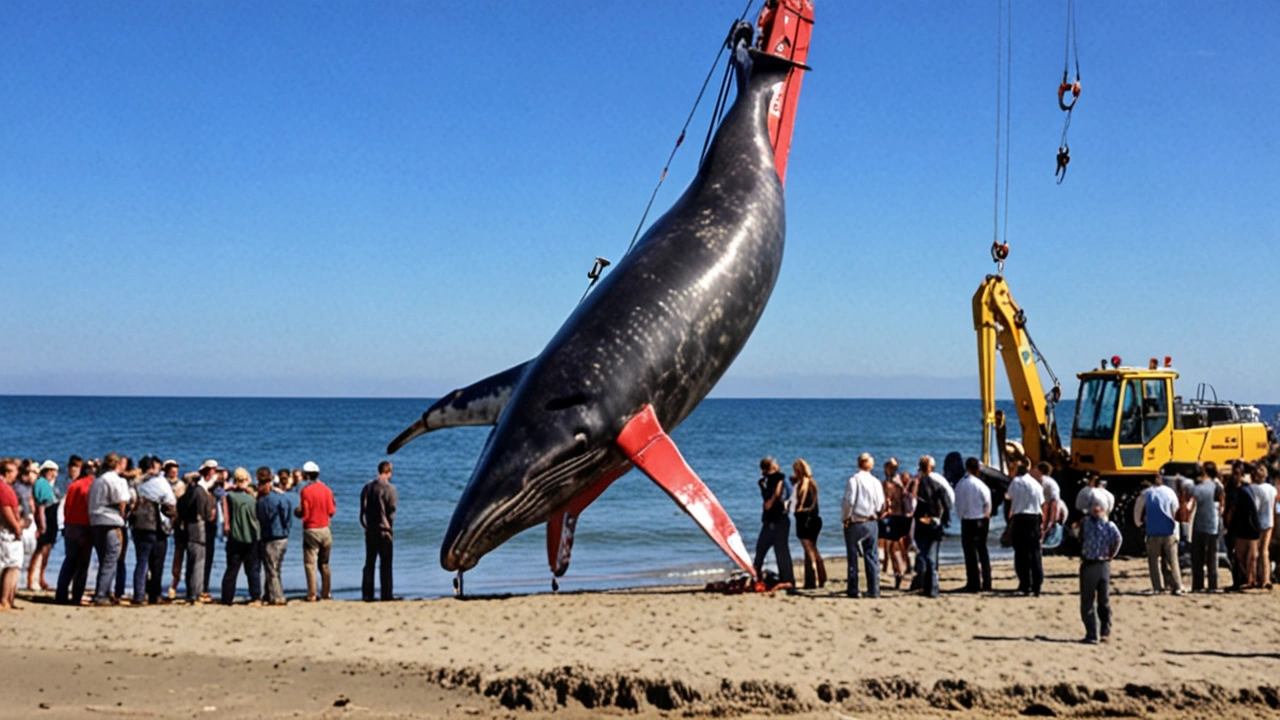The Enigma of the Spade-Toothed Whale
The spade-toothed whale (Mesoplodon traversii) remains one of the most mysterious and undocumented marine creatures of our time. Since its first description in 1874, there have been only a scant six documented sightings. This extraordinary rarity has made it exceptionally difficult for scientists to gather more detailed information about this species, let alone set coordinated conservation efforts in motion. The physical attributes of the spade-toothed whale, such as its distinctive spade-shaped teeth, have made it an object of curiosity and intrigue for marine biologists globally. Yet, the very lack of physical specimens has stood in the way of a comprehensive understanding of its behavior, habitat, and population dynamics.
Historical Discovery and Limited Data
When the spade-toothed whale was first discovered in 1874, it was considered a significant scientific event. However, the ensuing decades yielded little additional data. The intervals between recorded sightings have only served to accentuate the challenges faced by scientists in studying this elusive mammal. The very few instances of discovery, primarily involving stranded individuals that were already deceased, offer scant biological and behavioral data. This lack of robust information has kept the spade-toothed whale in the shadows of marine biology, with even its geographical range remaining largely speculative.

The 2010 Discovery: A Glimmer of Hope
In 2010, the discovery of a spade-toothed whale carcass reignited interest in this rare species. Found on a remote beach, this specimen provided scientists with a rare opportunity to conduct in-depth studies. It allowed for the collection of genetic material, which has been instrumental in confirming its taxonomic classification and understanding its relationship to other Mesoplodon species. This 2010 discovery also highlighted the crucial role of serendipity in marine research, where occasional findings can lead to significant scientific insights. Nevertheless, this event underscored the pressing need for active and systematic research methods to better protect and understand this enigmatic species.
Conservation Challenges and Efforts
Conserving the spade-toothed whale poses a unique set of challenges. With only six documented sightings, setting up targeted conservation efforts becomes an arduous task. Traditional conservation approaches, which often rely on understanding the population size, breeding patterns, and migratory routes, are difficult to implement due to the sheer paucity of data. However, this scarcity itself signals the urgent need for innovative conservation strategies. Programs focusing on broad-spectrum marine conservation, which benefit multiple species and habitats, could provide a safety net for the spade-toothed whale as well. Enhanced satellite tracking and genetic studies may also offer indirect methods to glean more information about this cryptic creature.

The Urgency of Further Research
The story of the spade-toothed whale serves as a compelling example of how much remains unknown about our oceans. As global marine biodiversity faces increasing threats from climate change, pollution, and overfishing, it becomes increasingly critical to understand and protect species like the spade-toothed whale. Comprehensive research initiatives, supported by international collaboration, could pave the way for breakthroughs in our understanding of this mysterious mammal. Such endeavors would not only benefit the spade-toothed whale but also contribute significantly to the broader field of marine conservation and biodiversity.
The Role of Public Awareness and Education
Public awareness and education can play a pivotal role in the conservation of the spade-toothed whale. By shedding light on the plight of this elusive species, educational programs can garner public support for marine conservation initiatives. Documentaries, media coverage, and educational outreach can bridge the gap between scientific communities and the general public, promoting a culture of conservation and respect for marine life. This can, in turn, influence policy decisions and fund allocation for research and conservation projects, ultimately leading to enhanced protection for the spade-toothed whale and its habitat.

Looking Forward: A Call to Action
The narrative of the spade-toothed whale is a poignant reminder of the fragility and mystery that still pervades our understanding of marine ecosystems. With only six documented instances since its initial discovery in 1874, the urgency for more intensive research and conservation efforts cannot be overstated. As scientists, policymakers, and the general public come together, there is hope that we can unravel the mysteries of this enigmatic species and ensure its survival for future generations. It is a collective responsibility that requires immediate and sustained action.

Siphosethu Phike Phike
July 17, 2024 AT 20:00Peter Novák
July 19, 2024 AT 10:48Mitchell Ocran
July 19, 2024 AT 14:57Todd Gehrke
July 20, 2024 AT 16:26Allison Brinkley
July 21, 2024 AT 01:51Ghanshyam Kushwaha
July 22, 2024 AT 08:20eliana levi
July 24, 2024 AT 04:29Brittany Jones
July 25, 2024 AT 08:02SUBHANKAR DAS
July 25, 2024 AT 14:04Secret Lands Farm
July 25, 2024 AT 21:19Tamir Duberstein
July 27, 2024 AT 04:43Dinesh Gupta
July 28, 2024 AT 14:25Shalini Ambastha
July 30, 2024 AT 07:17Amanda Kelly
July 30, 2024 AT 15:01Jessica Herborn
July 31, 2024 AT 07:15Lakshmi Narasimham
August 1, 2024 AT 09:04Madhuri Singh
August 2, 2024 AT 20:14Amanda Dempsey
August 3, 2024 AT 14:45Ruth Ellis
August 3, 2024 AT 18:19